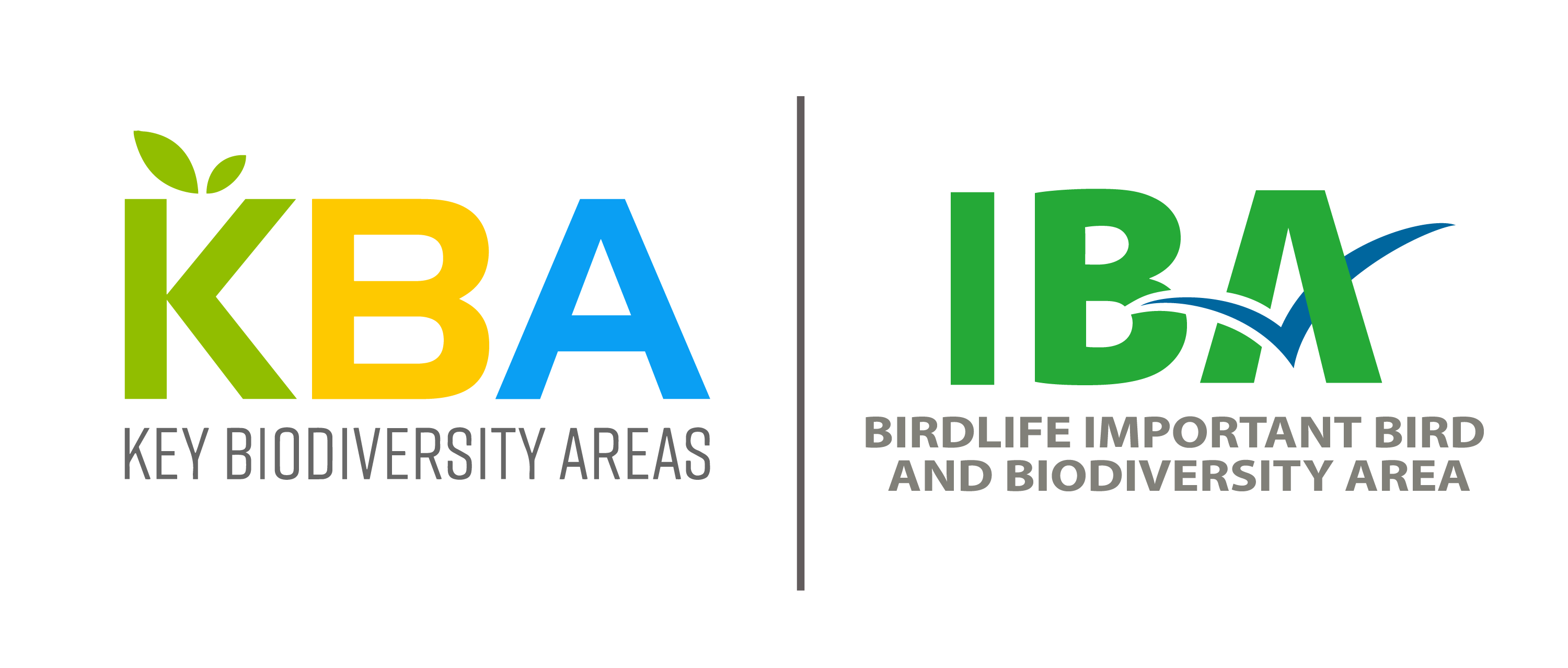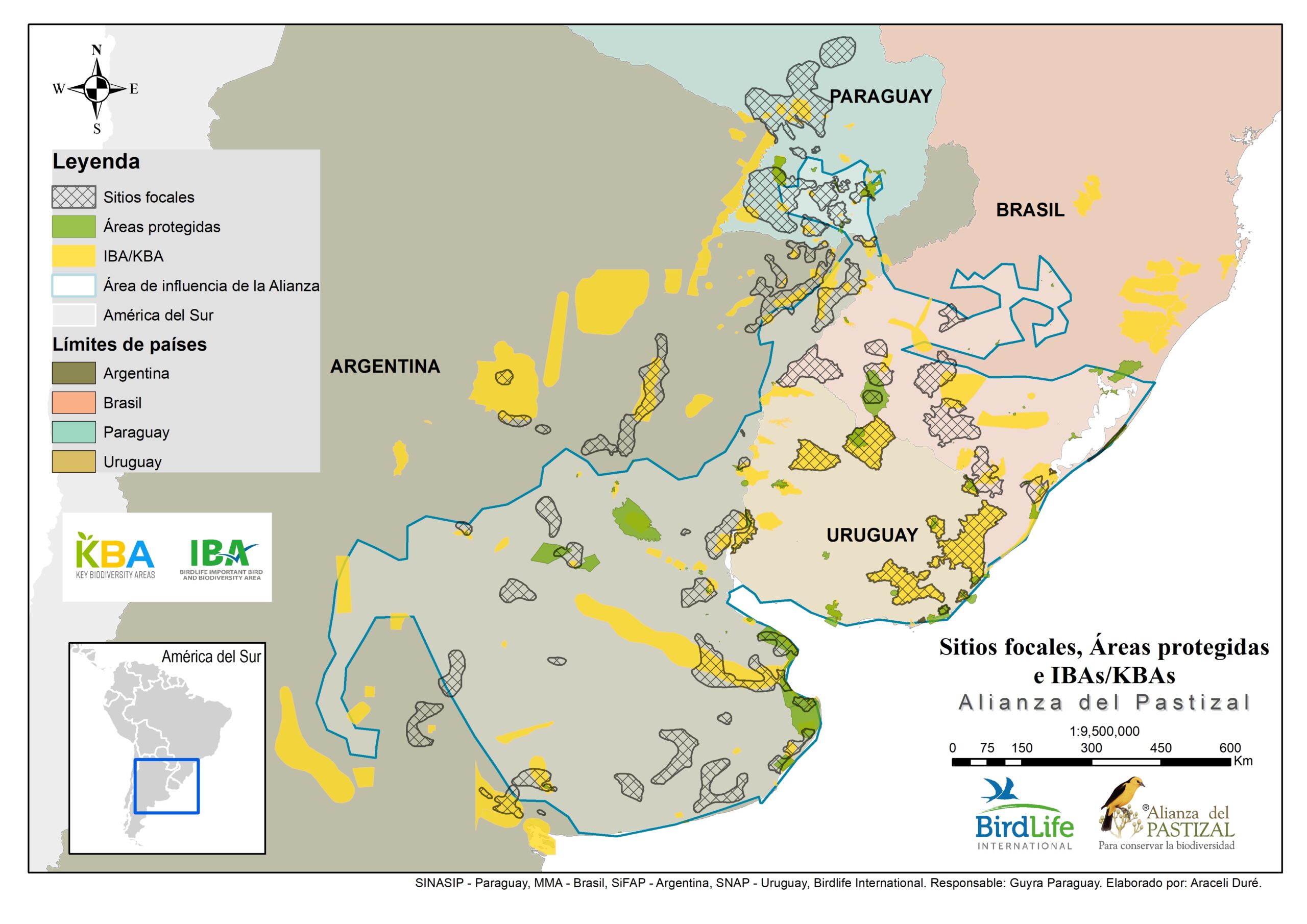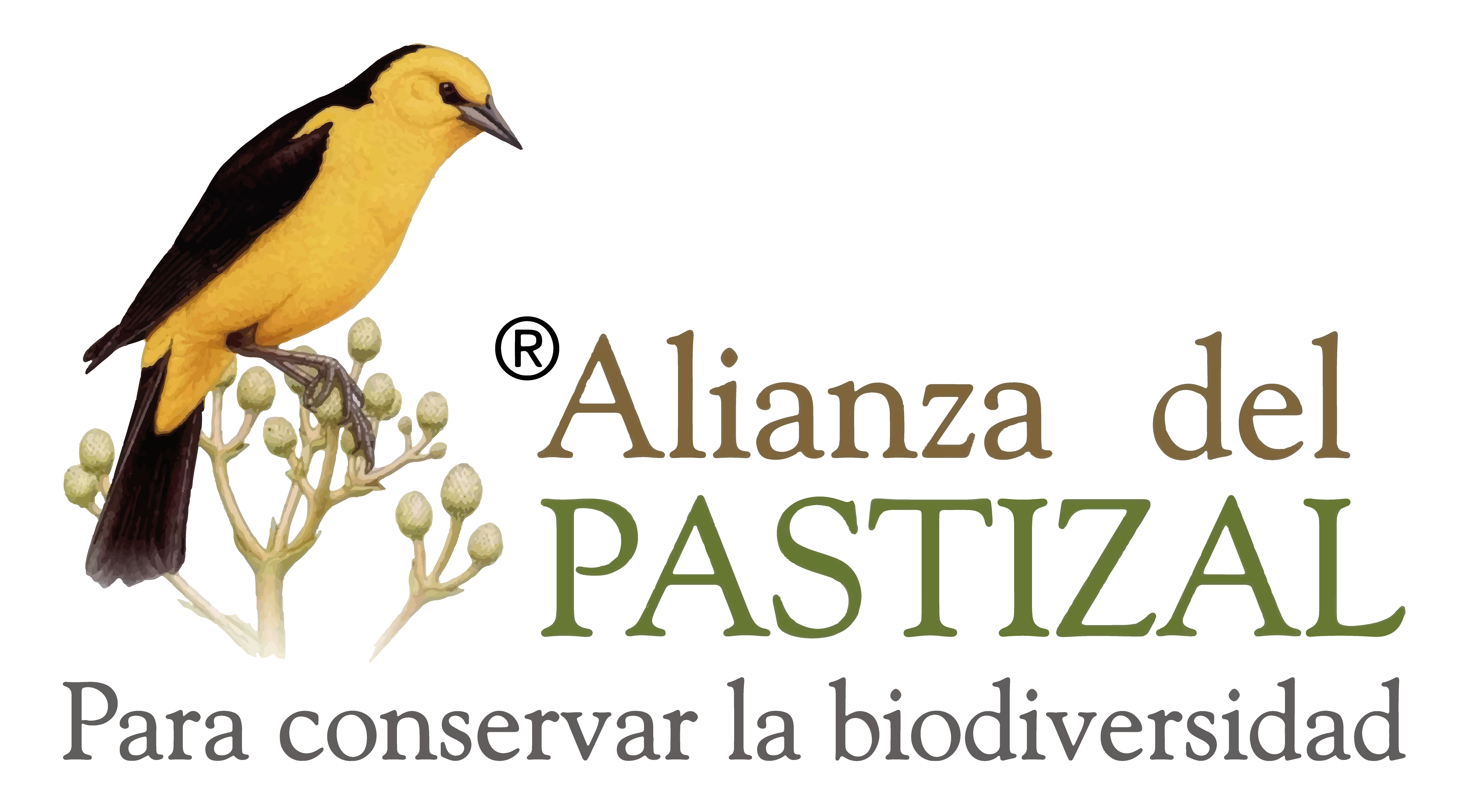Grasslands are their only home
Within the grasslands, a significant number of Key Biodiversity Areas (KBAs) y Important Bird Areas (IBAs) that harbor a wealth of biodiversity. For example, thousands of species of vascular plants have been detected in the pampas and plains of the Southern Cone. The diversity of vertebrates is also high. For example, in these grasslands there are:
+ 540 species of birds + of 138 mammals + of 225 reptiles


LUnfortunately, according to the International Union for Conservation of Nature (IUCN), 130 species are under some degree of threat. Of the 109 bird species recorded, more than one-fifth are globally threatened to some degree.
Even more worrying is that less than 0.2 to 0.5% of these territories are protected by State Protected Areas. For this reason, it is vital to guarantee the long-term protection and recovery of grasslands through conservation and sustainable production plans. In this way, not only biodiversity is protected, but also its cultural and livestock legacy.

Resident and short-distance migratory birds
Strange-tailed tyrant
Alectrurus risora

Saffron-cowled Blackbird
Xanthopsar flavus

Marsh seedeater
Sporophila palustris

Chestnut seedeater
Sporophila cinnamomea

Greater rhea
Rhea americana

Bearded tachuri
Polystictus pectoralis

Grass wren
Cistothorus platensis

Long-distance migratory birds
Swainson's Hawk
Buteo swainsoni

Bobolink
Dolichonyx oryzivorus

Buff-breasted sandpiper
Tryngites subruficollis

Buff-breasted Sandpiper
Calidris subruficollis

Pectoral sandpiper
Calidris melanotos

Upland sandpiper
Bartramia longicauda

Mammals
Pampas deer
Ozotoceros bezoaricos

Capybara
Hydrochoerus hydrochaeris

Southern long-nosed armadillo
Dasypus hybridus

Maned wolf
Chrysocyon brachyurus

